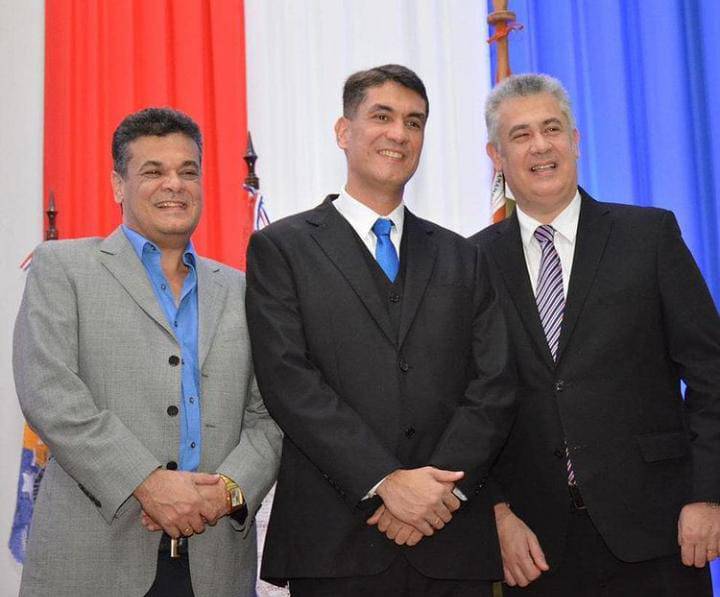Monkeypox, of which several cases have been detected in Europe and North America, is a rare disease originating in Africa that usually heals spontaneously.
– What is this disease? –
Monkeypox or “simian orthopoxvirus” is a rare disease whose pathogen can be transmitted from animals to humans and vice versa.
When the virus spreads to humans, it is mainly from various wild animals, rodents or primates.
Transmission from one human to another is low, explains the World Health Organization (WHO).
Its symptoms resemble, to a lesser degree, those observed in the past in subjects with smallpox: fever, headache, muscle and back pain during the first five days.
Rashes (on the face, palms of the hands, soles of the feet), lesions, pustules, and finally scabs then appear.
This disease was first identified in humans in 1970 in the Democratic Republic of the Congo (formerly Zaire), in a 9-year-old boy who lived in a region where smallpox had been eradicated since 1968.
Since 1970, human cases of “simian orthopoxvirus” have been reported in 10 African countries.
In early 2003, cases were also confirmed in the United States, the first outside the African continent.
– How is the disease transmitted? –
Infection in early cases is due to direct contact with blood, body fluids, skin lesions, or mucous membranes of infected animals.
Secondary transmission, that is, from person to person, can result from close contact with infected respiratory secretions, skin lesions of an infected person, or objects recently contaminated with biological fluids or materials from a patient’s lesions.
On Tuesday, the World Health Organization (WHO) stated that it wanted to clarify, with the help of the United Kingdom, the cases detected since the beginning of May, especially in the homosexual community.
“It is probably too early to draw any conclusions about the mode of transmission or to assume that sexual activity is necessary for transmission,” said Michael Skinner, a virologist at Imperial College London, Science Center (SMC).
– How serious is it? –
Monkeypox usually clears up on its own, with symptoms lasting 14 to 21 days.
Severe cases occur more frequently in children and are related to the extent of exposure to the virus, the health status of the patient, and the severity of complications.
Depending on the epidemics, the case fatality rate varied greatly, but remained below 10% in all documented cases, mainly in young children.
“The West African strain, which affects British cases, is estimated to have a fatality rate of around 1%.
There is also a strain found in the Congo region that can be fatal in 10% of cases, but British cases do not have this strain,” said Simon Clarke, professor of cell microbiology at the University of Reading, at the SMC.
– Is there any kind of treatment? –
There are no specific treatments or vaccines against monkeypox, but outbreaks can be contained, explains the WHO.
In the past, smallpox vaccination was shown to be 85% effective in preventing “simian orthopoxvirus”, but the vaccine is no longer available, after its manufacture was discontinued following the global eradication of smallpox.
“The good news is that the smallpox vaccine works against monkeypox; the bad news is that most people under 45 are not vaccinated,” tweeted epidemiologist Eric Feigl Ding.











